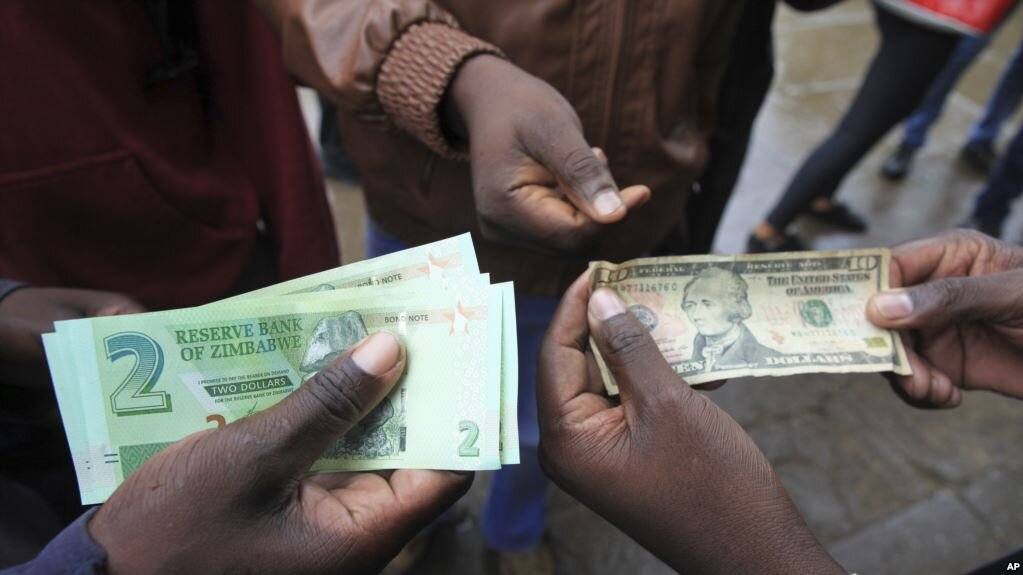By CultureBanx Team
- Cash barron’s often charge people needing local cash or foreign currency notes 30% more than banks
- Inflation in the country is now running between 300% – 400%
In order to avoid paying a premium on goods in Zimbabwe, “cash barron’s” have taken over. The chronic shortage of physical cash has led to a three-tier pricing model across the country. As the region continues to deal with a crippling shortage of cash and unstable economy, millions of people are being forced deeper into poverty.
Why This Matters: Zimbabweans have been able to use foreign currencies like the U.S. dollar and the South African rand to purchase goods, but that is an expensive way to live. The BBC found that if you go into a supermarket to buy a 15 Zimbabwean dollar ($0.90) loaf of bread you can pay Z$15 in cash, Z$18 in mobile money or Z$20 by debit card. Banks have been rationing cash withdrawals to Z$300 a week and ATMs have been empty.
Inflation in the country is now running between 300% and 400%, with the “cash baron’s” barring some of the blame
Inflation in the country is now running between 300% and 400%, with the “cash baron’s” barring some of the blame. They make money from people needing local cash or foreign currency notes, often charging 30% more for the money.
Last April, the country’s central bank decided to introduce yet another currency into its already crippled financial system called RTGS that’s fallen in value since it launched. The BBC reported at its height prices were almost doubling every day and the central bank printed notes worth 100 trillion Zimbabwe dollars to try and keep up. It’s unclear if this will have the impact Zimbabwe’s government is hoping for, especially if you look at other countries like India that have gone the route of demonetization and failed.
Situational Awareness: Over the next five months the central bank says there will be a gradual injection of Z$1 billion in cash. The International Monetary Fund has thrown a life-saver to Zimbabwe by dispensing currency reform advice, not loans, as long as they stop printing money. Three years ago, Zimbabwe paid off more than $100 million of arrears on IMF loans, but it is still in default on debts to other international lenders.
CBx Vibe: “Bank Notes” Frizz Price









